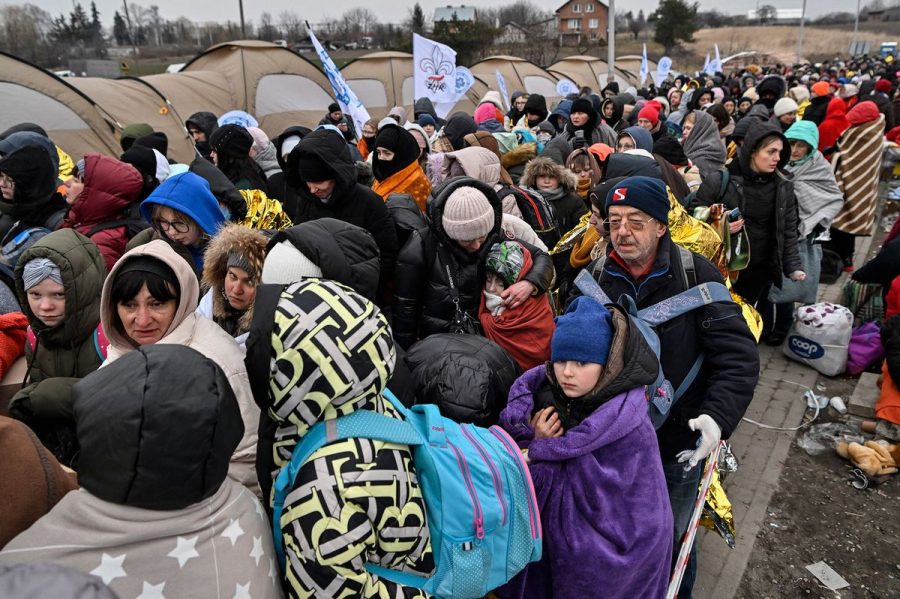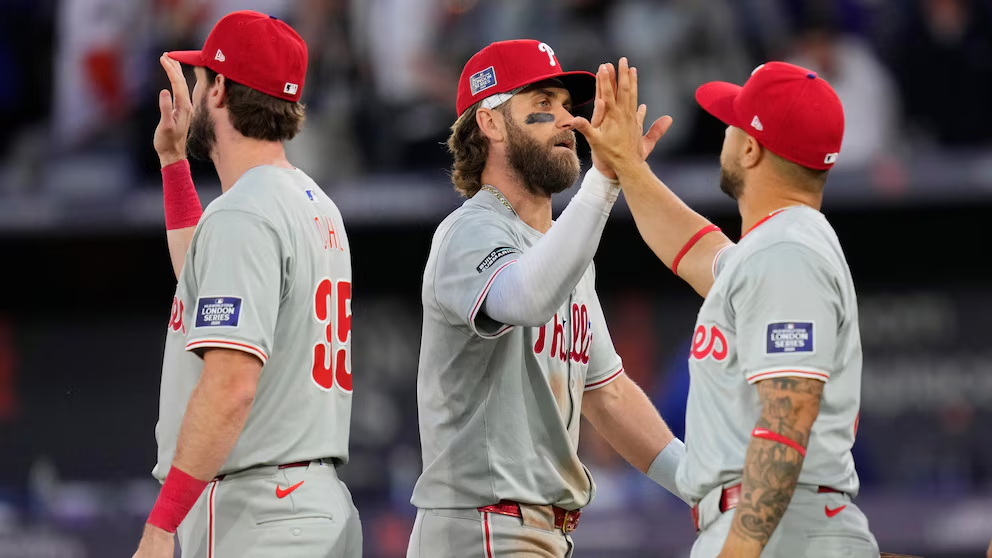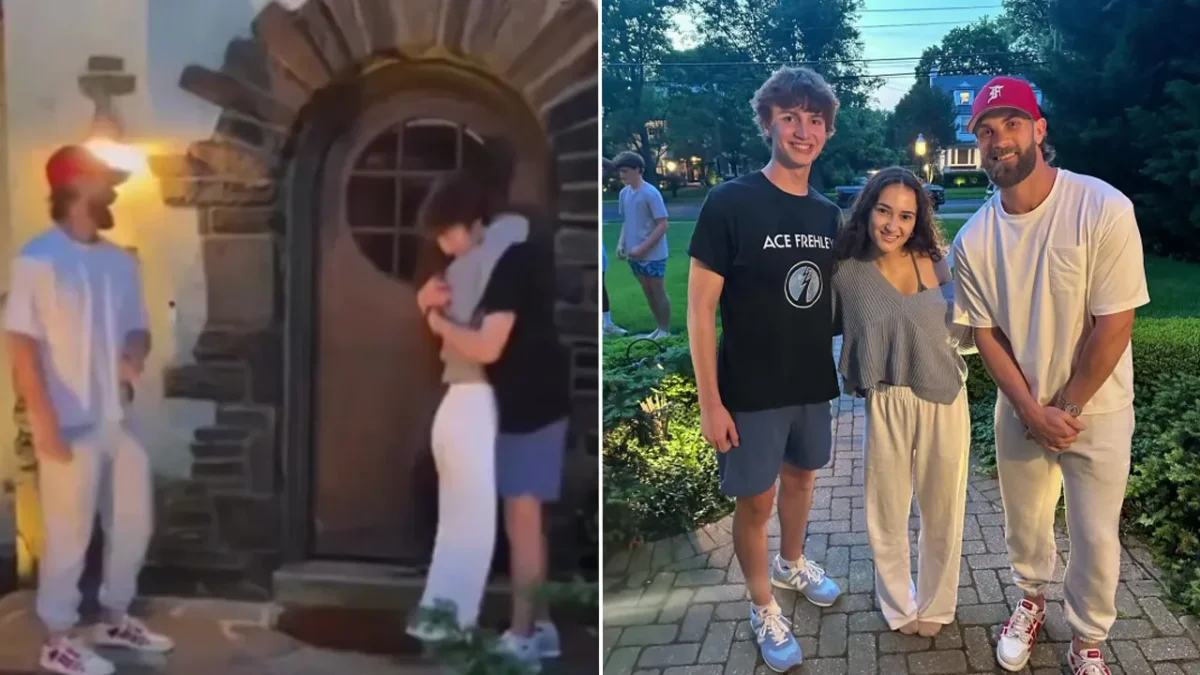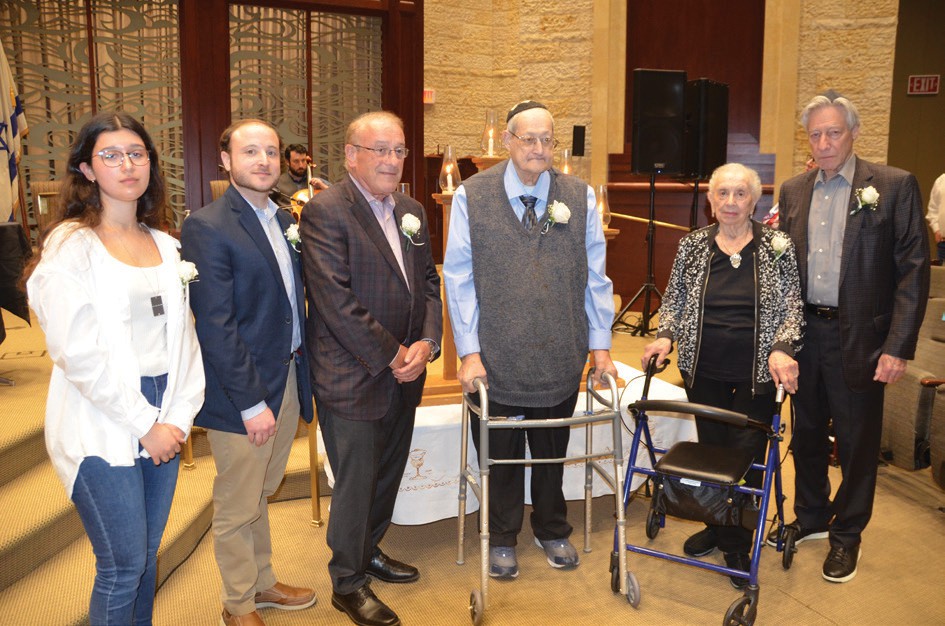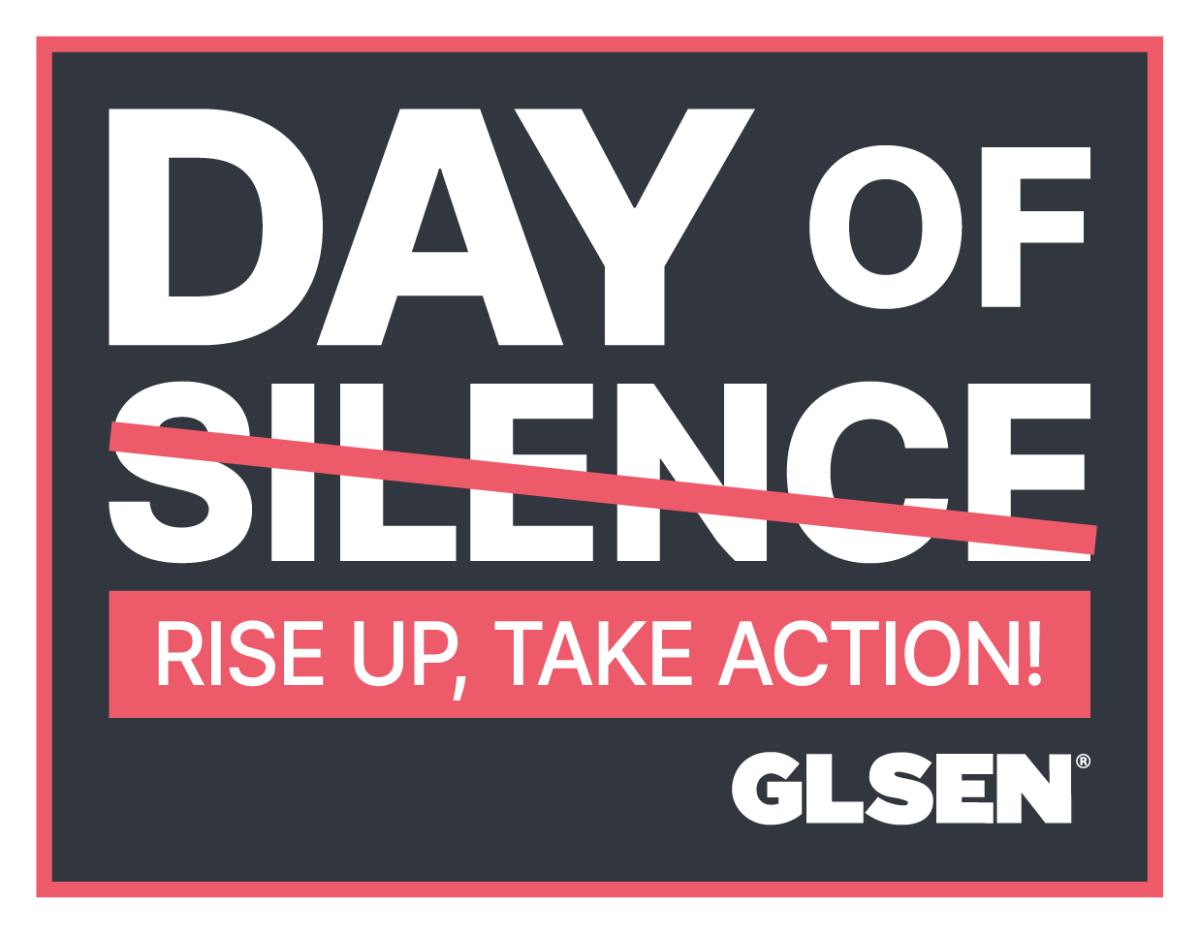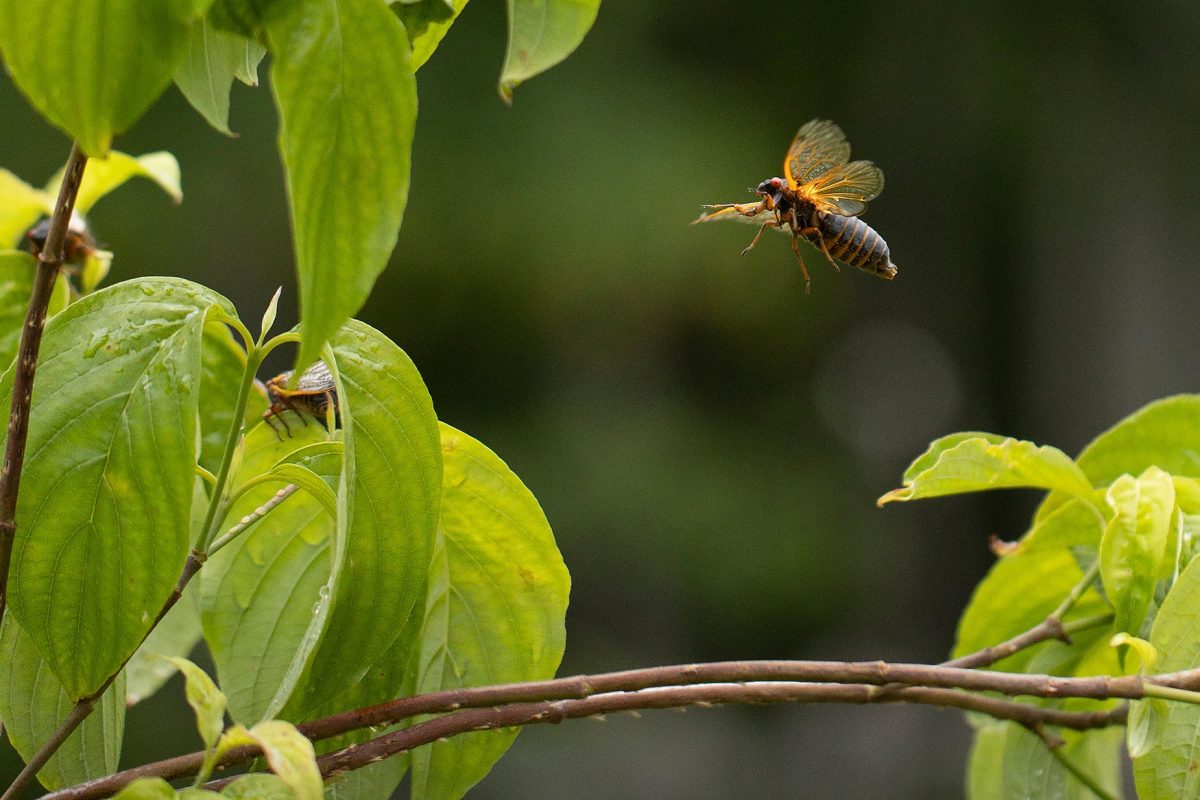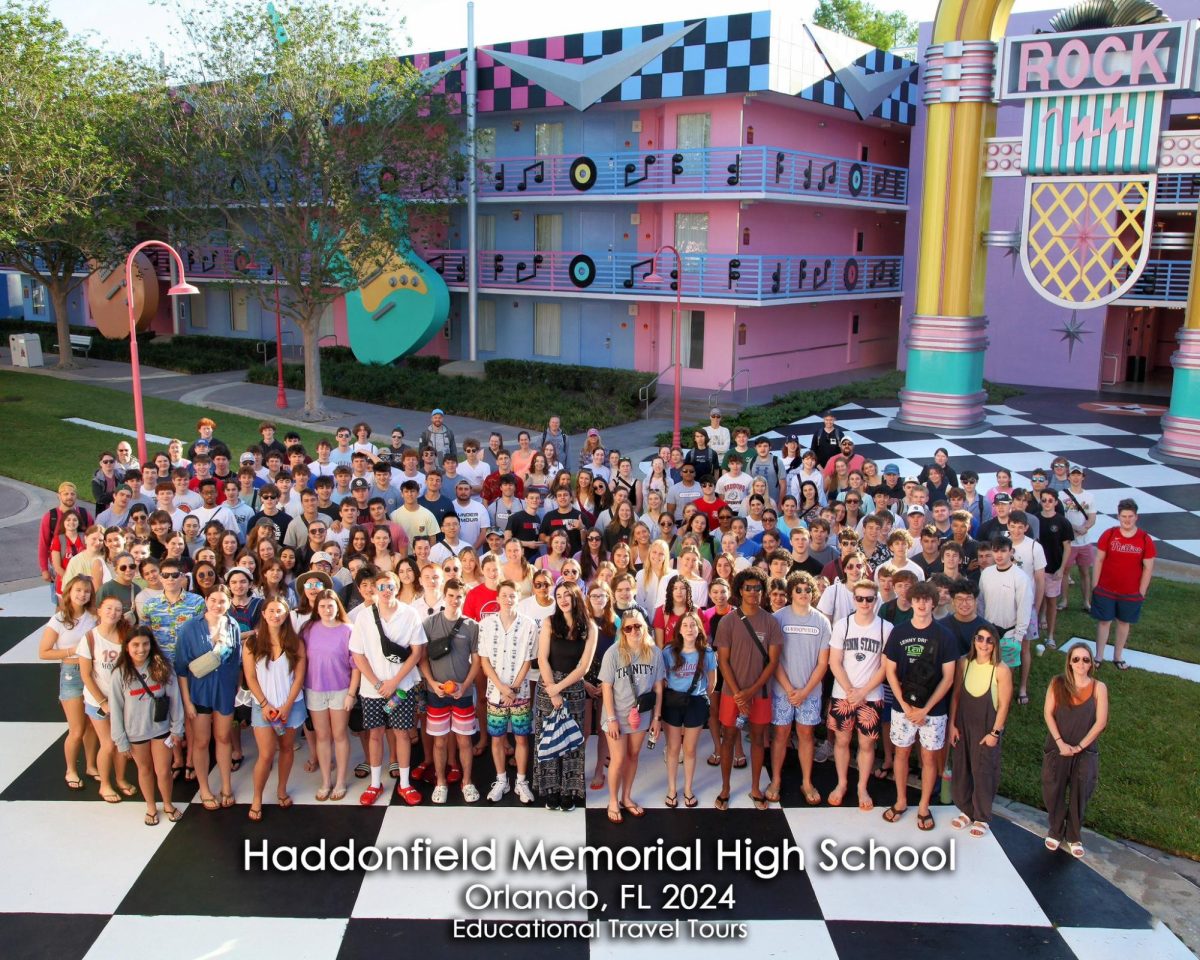Ukrainian Students Find Refuge and Homesickness at HMHS
March 14, 2023
On February 24, 2022, Russia invaded Ukraine, causing a major increase in the severity of the war between them, which has been going on since 2014. The resulting violence and high death toll in Ukraine has led millions of refugees to make the difficult decision to flee Ukraine, leaving behind their families and homes in exchange for safety and security.
Several Ukrainian students have moved to Haddonfield in the past year, some of whom are now attending HMHS. I recently conducted a virtual interview with two of them, Mykola Chastukhin and Anna Savranska, via email. They provided a great deal of insight into what the past year has been like for them and how they have adjusted to Haddonfield and life in America.
Mykola moved here a little over a year ago with his brother, Kyrylo. He told me that when he found out he was going to move, he was confused and did not understand what was happening, but once he did, he was not too opposed to moving as he “didn’t have much connections with [his] homeland, such as close friends.” When he began attending school in Haddonfield, he recalls struggling to communicate at first. However, he says that he has gotten used to speaking English and finds communicating with his new peers to be much easier. Despite his early struggles with speaking English, Mykola claims that school here “is much easier (for now) [than in Ukraine]… and [he] can easily express [himself].” He also enjoys the food here, expressing that it is better than the food in Ukraine! When I asked what the highlight of the past year was for him, Mykola responded, “The marching band season. It was one of the best events for me here.” He has learned to play different instruments, such as the drums, and discovered that he has “always liked heavy metal music like death and black metal, and [he is] planning to make [his] own band!” Mykola revealed that he keeps in touch with his father and luckily he is in a “better place now and doing well.” While the events of the past year have been difficult for him, Mykola says that he knows “violence is [an] inevitable part of every conflict between countries,” so he does not bother dwelling on it too much.
Anna arrived in Haddonfield in August of last year. She revealed that leaving Ukraine was a planned decision for her after her aunt, who lives in Haddonfield, offered her the opportunity to come to the U.S. and study here. She recalled that “at the moment [she] was hoping to [stay] in Ukraine and get an education there, but after some consideration [she] understood that [coming here would be] a great opportunity for [her] to discover the world, meet new people, and get new experiences.” Furthermore, when she was preparing to leave during the fourth month of the full-scale invasion, she said the “situation on the front lines was pretty severe and nobody could say anything definitive about the future…nobody knew whether we [would] be able to organize online education or provide safe space for offline studying. Despite all of the cons [of leaving] I felt that it would be unwise to waste such a chance.” However, the move was still difficult- she had to leave her whole life in Ukraine and develop other ways to maintain her relationships with her family and friends. Like Mykola, when Anna arrived in Haddonfield, she struggled to adjust to speaking and listening to English as it is her second language, but says that she has made some good friends. She says that she likes the flexibility of course selection here and though she admits the competitive academic environment can be stressful at times, she “[considers] it as another challenge in life [with] only good consequences.” An experienced tennis player, Anna joined the varsity tennis team after moving to Haddonfield. She is also building on her knowledge of programming, a field she hopes to pursue as a career, by taking computer science courses as well as being an active member of the computer science club at HMHS.
While Anna has found the transition to Haddonfield relatively smooth, she admits that dealing with the tragedy in Ukraine the past year has not been easy. She stays in close contact with her family and friends in Ukraine and says “Sometimes it is very hard to get over everything that is going on… your mind makes the situation…worse. Fortunately, my family and friends are in a pretty safe place, but there are often air raid alerts that, [thanks to] our soldiers, remain only alerts without actual threat. At some point we had serious issues with [our] electrical grid being damaged by drones, [so] water and heating [weren’t] working. Hearing things like ‘It’s getting colder in the house; we would need to go to the shop to get some water; we haven’t had the light in the house for 4-6 hours already’ was extremely heartbreaking. At first, I couldn’t even believe that such things [could] actually happen with people I know personally, and secondly I felt guilty that I am in [a] safe place and don’t suffer there with them. It’s called survivor syndrome and unfortunately caught many Ukrainians. At such moments it is super important to keep your head cool and give as much support as you can…This war taught us to take actions and release our hate and anger into donating and volunteering. Physical work helps to change the focus of our brains, move on, and continue the fight… The pain of losses and tragic events went hand in hand with great accomplishments and development. My greatest highlights for last year were connected with our fight for our lands and their actual liberation.”
Anna is grateful for the support the United States has given Ukraine over the past year, but she would “like to mention that unfortunately the war is not over and it’s vital as [ever] to make the last move all together and win the peace for the whole world.”
Thank you, Mykola and Anna, for dedicating your time to this interview and your vulnerability in answering my questions!

